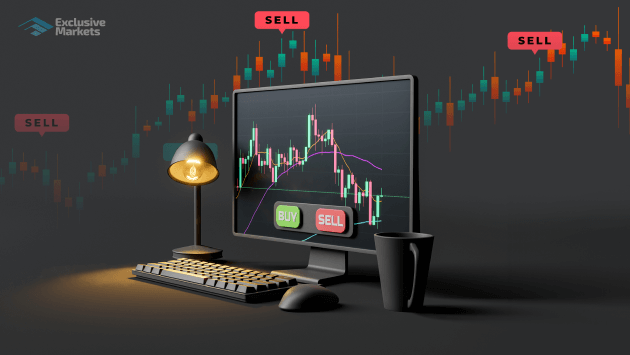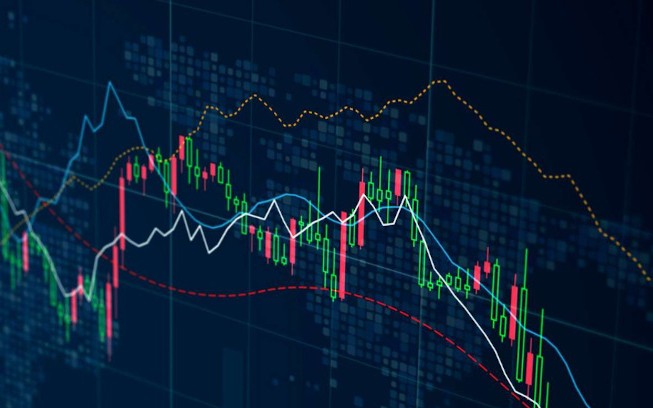
As a Forex trader, one of the crucial aspects that you need to consider is how your trading activities affect your taxes. The complex nature of Forex trading can lead to confusion regarding tax obligations, making it essential to utilize tools like a forex trading tax calculator Nigerian Trading Platforms tax calculator specifically designed for traders. This article will explore the importance of using a Forex trading tax calculator and guide you through its features, benefits, and the key factors you need to know to ensure compliance and efficient tax management.
Understanding Forex Trading and Tax Obligations
The foreign exchange market (Forex) is one of the largest financial markets globally, with daily trading volumes exceeding $6 trillion. As a trader, whether you are a novice or an experienced investor, it’s crucial to understand the tax implications of your trading activities. Different countries have various regulations regarding the taxation of income derived from Forex trading, and failure to comply can lead to penalties and fines.
Why You Need a Forex Trading Tax Calculator
A Forex trading tax calculator is a tool designed to simplify the process of calculating your tax liabilities resulting from your trading activities. Here are several reasons why using such a calculator is beneficial:
- Accuracy: Tax calculations can be complex, especially when it comes to tracking profits and losses from various trades. A tax calculator can greatly reduce errors that may occur during manual calculations.
- Time-saving: Automating the process of tax calculation saves valuable time that traders can allocate to strategizing and improving their trading performance.
- Comprehensive Reporting: Many Forex tax calculators can generate reports that provide a breakdown of your trading gains and losses, making it easier to prepare your tax returns.
- Stay Compliant: Understanding your tax obligations is vital. A dedicated Forex tax calculator can help you understand how much tax you owe, ensuring that you remain compliant with local laws.
How Does a Forex Trading Tax Calculator Work?
A typical Forex trading tax calculator takes into account several factors including:
- Trading Gains and Losses: The calculator aggregates all your trades, differentiating between profitable and unprofitable trades to determine your overall gain or loss.
- Holding Period: The tax rates may vary depending on how long you hold a position. Short-term trades might attract higher rates compared to long-term investments.
- Expenses: Any fees that you incur while trading, such as brokerage fees, can often be deducted from your overall trading income, reducing the taxable amount.
- Currency Conversion: If your trades involve different currencies, the calculator will need to account for fluctuations in exchange rates to determine your gains correctly.

Choosing the Right Forex Trading Tax Calculator
With various tax calculators available, it’s essential to select one that complements your trading profile. Here are some factors to consider:
- User-Friendliness: Choose a calculator with an intuitive interface that simplifies data entry and retrieval.
- Customization: Look for calculators that allow you to customize based on your trading style, whether you are a day trader or a swing trader.
- Integration: Some tools can integrate directly with trading platforms, automatically fetching your trade data and simplifying the calculation process.
- Status of Updates: Ensure that the tool keeps up with any tax code changes to remain up-to-date with the latest regulations affecting Forex trading taxes.
Common Tax Scenarios for Forex Traders
Forex traders often encounter various scenarios that can complicate taxation:
- Capital Gains Tax: Depending on local regulations, profits from Forex trading may be subject to capital gains tax, which varies based on holding duration.
- Income Tax: In some jurisdictions, trading profits are taxed as ordinary income. It’s crucial to know where your profits stand in regard to your overall income.
- Loss Carryover: If you incur a loss in a given tax year, some platforms allow you to carry over those losses to offset future gains, thereby lowering your tax burden.
Conclusion
Using a Forex trading tax calculator can drastically simplify the often complex world of trading taxes. By understanding your tax obligations and maintaining accurate records through a reliable tax calculator, you can focus on what matters most—improving your trading strategy and maximizing your profits. Today’s advanced tools can provide you with the necessary insights to ensure that you remain compliant with tax regulations while still optimizing your financial performance. Adopting such technologies will pave your way towards a more manageable and profitable trading career.
In summary, the Forex trading tax calculator is not just a luxury; it is a necessity for every serious trader. So, embrace this tool, check your local regulations, and stay ahead in your trading journey.

